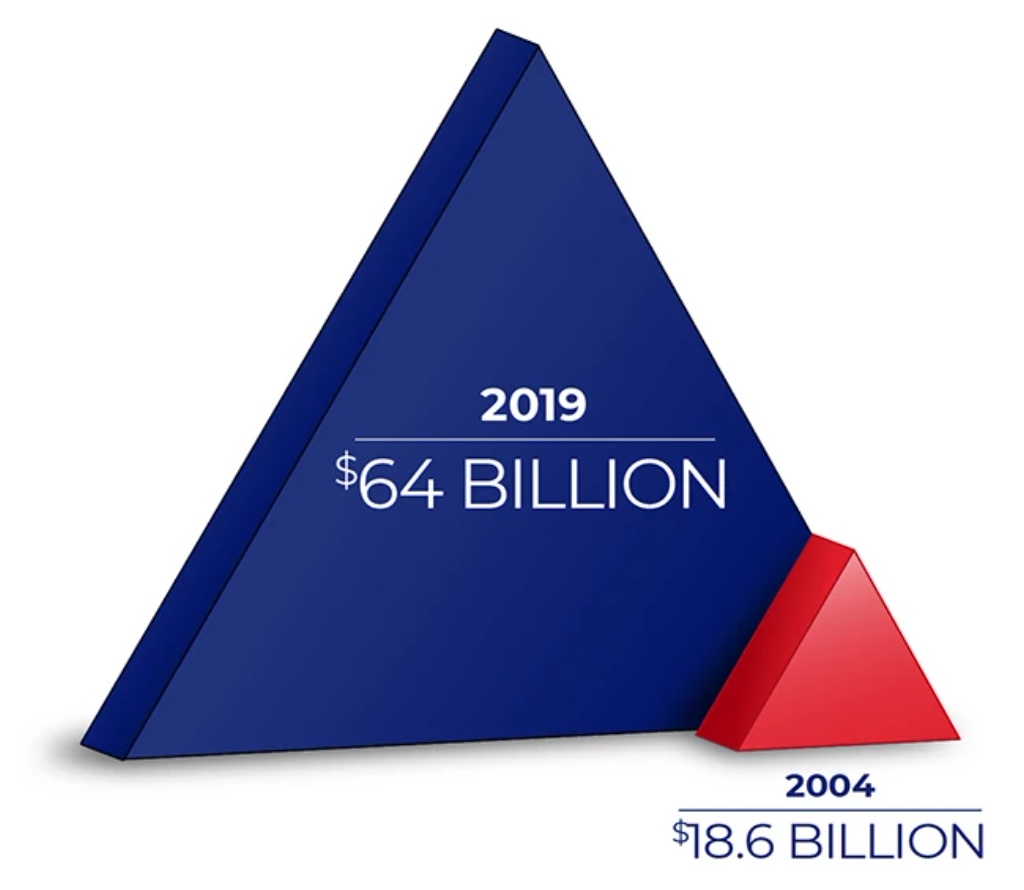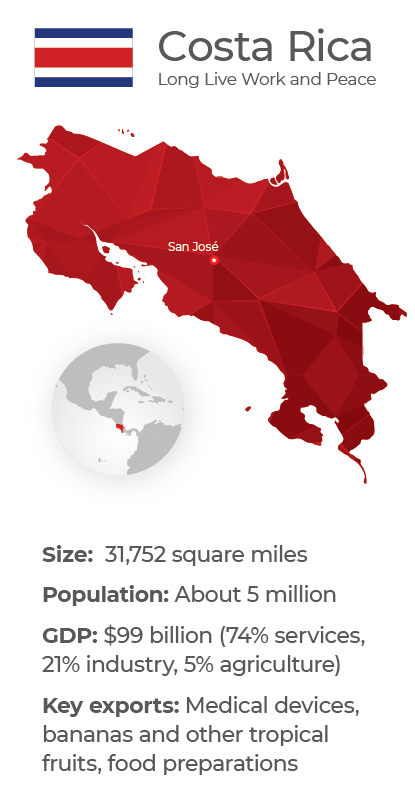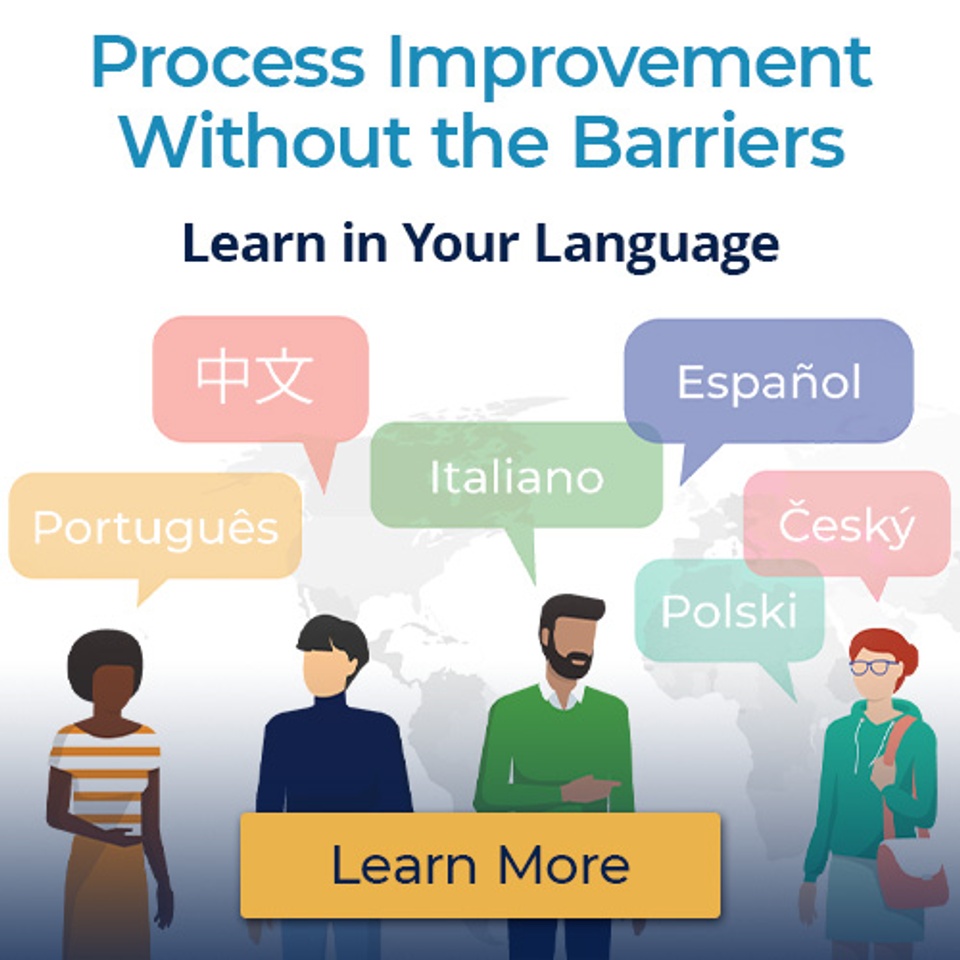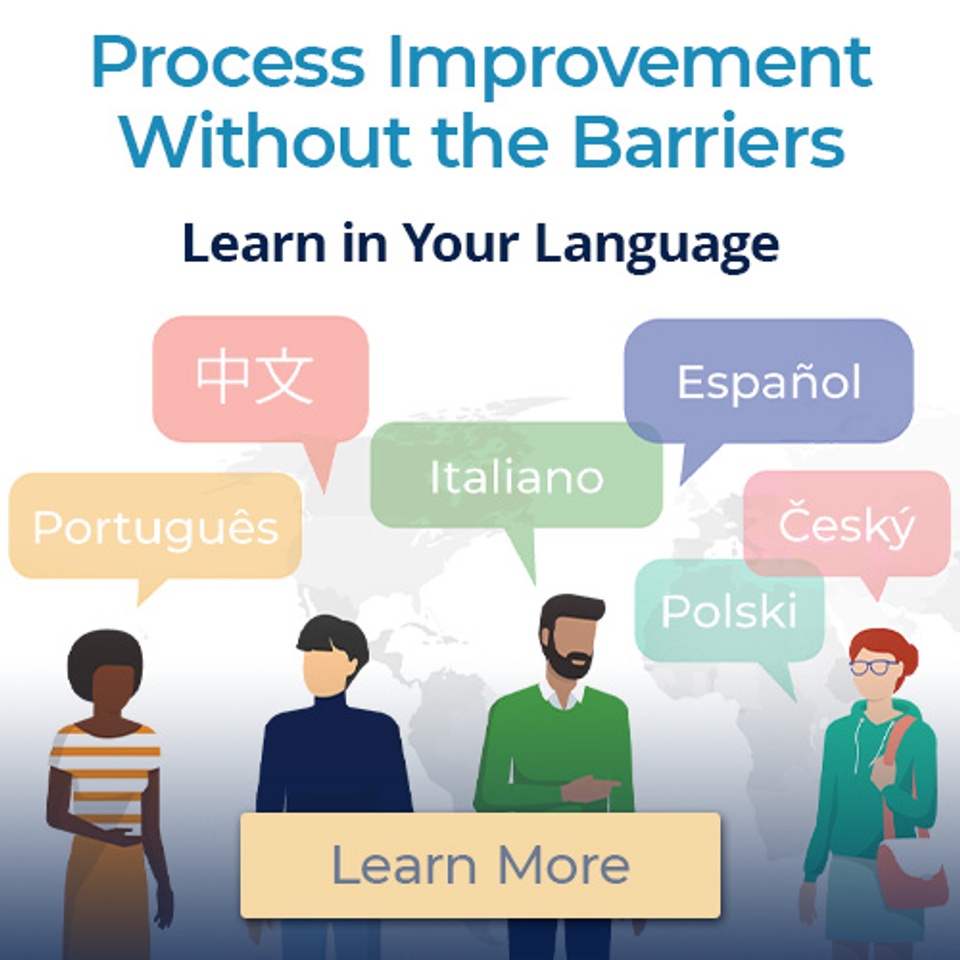
A Hot Spot for Operational Excellence
As he was working to get his fledgling Costa Rican business off the ground in 2004, Omar Mora made a trip to the United States and found himself at one of the most American of pastimes: the football tailgate. There, Mora made a soft pitch to the owner of a software company that he thought could benefit from the Central American country's resources, particularly its young, up-and-coming workforce.
The software business owner was baffled at the prospect.
"Why do you want to represent software products in Costa Rica," Mora recalls being asked, "when you don't have electricity?"
This assumption was ignorant at best even two decades ago, but Mora was able to see an underlying truth in it: His country was light years from the third-world backwater some assumed it was — in fact, manufacturing of electronics and medical devices were on the rise by then. Still, Costa Rica's lush rainforests and ecotourism scene were the predominant image it projected to the rest of the globe.
Since that conversation, Mora and his firm have been on the front lines of a remarkable transformation of the country's economic scene that has changed Costa Rica's image to the rest of the business world and sparked a surge of interest in continuous improvement. It's this new hunger for the tools and behaviors that help organizations manage through change that has made MoreSteam's training a go-to resource for a number of companies in the region.
Changing Economy, Changing Mindset
Mora serves as business development manager at Blackberry&Cross, a software and training firm that specializes in working with companies to build their operational excellence infrastructure. Since its founding in 2004, the firm has worked with more than 100 companies in Central America, Mora said.
While the services sector is a driving force in the region — it's more than 60% of the economy — it's countries like Costa Rica that are shifting the balance through a rising tide of foreign direct investment. In Costa Rica, net inflows from foreign direct investment topped $2.5 billion in 2019, up from scarcely $1 billion in 2004, according to statistics from the World Bank. In that same 15-year stretch, Costa Rica's GDP has more than tripled from $18.6 billion to $64 billion (by comparison, the United States' economic output fell shy of doubling in that same span).
Today, Blackberry&Cross' clients are concentrated in medical device manufacturing, food processing, and shared-services centers, all of which have been buoyed by multinational firms' investments in the country. Medical device manufacturing, in particular, is booming; CINDE, an organization that promotes investment in Costa Rica, estimates that more than 70 companies in the country are developing and shipping more than 400 different medical devices around the world.
Crucially, the big firms investing in Costa Rica's economy are bringing something in addition to their spending power: they're bringing knowledge, technology, and best practices that serve as catalysts for improvement. In some cases, this means they're pushing suppliers big and small to embrace the continuous improvement practices they're engaging in downstream. Even for would-be suppliers, this creates an incentive to invest in training and culture change to compete for these customers.
"Once these companies are established in the country, they start pushing suppliers to replicate what they do at headquarters," Mora said, "or they work with them to develop their own operational excellence initiative."
That's where Mora, Blackberry&Cross, and MoreSteam come in. Many of the suppliers responding to the continuous improvement push from their major vendors are smaller, in a category with the acronym "MiPyME" in Spanish, which encompasses micro, small, and medium-sized enterprises. As a result, these firms are unable to make the kinds of investments a multibillion-dollar company like Bridgestone makes without hesitation. MoreSteam's Lean Fundamentals, Yellow Belt, and Kaizen Leader courses have offered these small businesses a financially feasible avenue for integrating continuous improvement tools and behaviors into their culture.
There's a myth that operational excellence is only for huge companies…
"There's a myth that operational excellence is only for huge companies, only for companies with lots of resources," Mora said. "Micro companies, in particular, think continuous improvement is complicated and not for them because they're focused on surviving. That mindset is slowly changing."
For the companies Mora works with, it's MoreSteam's range of training resources, from Lean basics to Black Belt certification, and its language capabilities that have been game changers. MoreSteam's courses have been translated from English into as many as 10 other languages, including Spanish. Since 2016, enrollment in Spanish-language MoreSteam courses has grown an average of nearly 30% annually, making it MoreSteam's fastest-growing non-English-language market.
"With MoreSteam's courses in Spanish and its project execution tools like EngineRoom translated as well, language does not have to be a barrier to access anymore," Mora said.
Full Speed Ahead
Though forged in the transformative practices of Japanese automakers, the principles of continuous improvement as we know them today aren't unique to a specific culture. Still, a country like Costa Rica has unique advantages. Its workforce, for example, is uniquely positioned to embrace problem-solving principles. Costa Rican high schoolers have the opportunity to receive training and education in continuous improvement and supply chain management. Since 2012, Mora said hundreds of students a year have graduated with workforce-ready skills as quality and productivity technicians, making them attractive hires for companies seeking to gain competitive edge without the resources to invest in an army of Black Belts. Universities are working to prepare their students for the shifting economic landscape as well, having launched degree programs specific to medical device manufacturing and biomedical engineering.
At the same time, other trends are converging to create new challenges: the life sciences sector that has become so important to Costa Rica's economy is growing as the digital age pressures product development to shift from a marathon to a sprint. As a result, MoreSteam resources like its Design for Six Sigma training have grown more popular and mission critical for companies in the region.
"Our customers need to be more agile and keep improving not only the manufacturing core of their operations but apply it to a massive number of new products," Mora said. "We're working to explain that operational excellence isn't the opposite of this new trend — rather, it's part of it."
Even the most agile organizational culture, however, starts small, and starts with people. That's where the core of Mora's work and philosophy on operational excellence intersects with MoreSteam's.
"MoreSteam emphasizes that most of these initiatives are about habits and behaviors, with some tools," he said. "For large companies, we might be working to improve processes on hundreds of complex projects, and for smaller ones, it might mean we're starting with a whiteboard and some Yellow Belt training. What's important is that we can meet these companies where they are."
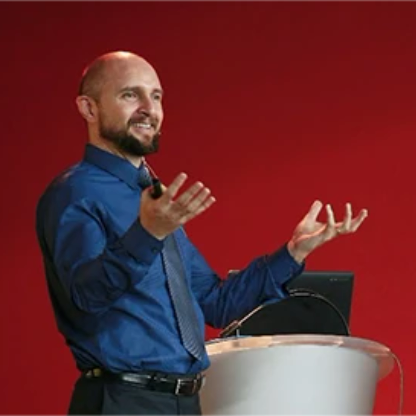
MoreSteam Client Services
Omar Mora is the business development manager for San José, Costa Rica-based software and training firm Blackberry&Cross, which he founded in 2004. Blackberry&Cross specializes in working with companies in Central America to build their operational excellence infrastructure. Mora has a bachelor's degree in industrial engineering from Costa Rica's Universidad Internacional de las Américas and a master's degree in industrial engineering from the Universidad Interamericana de Costa Rica.
